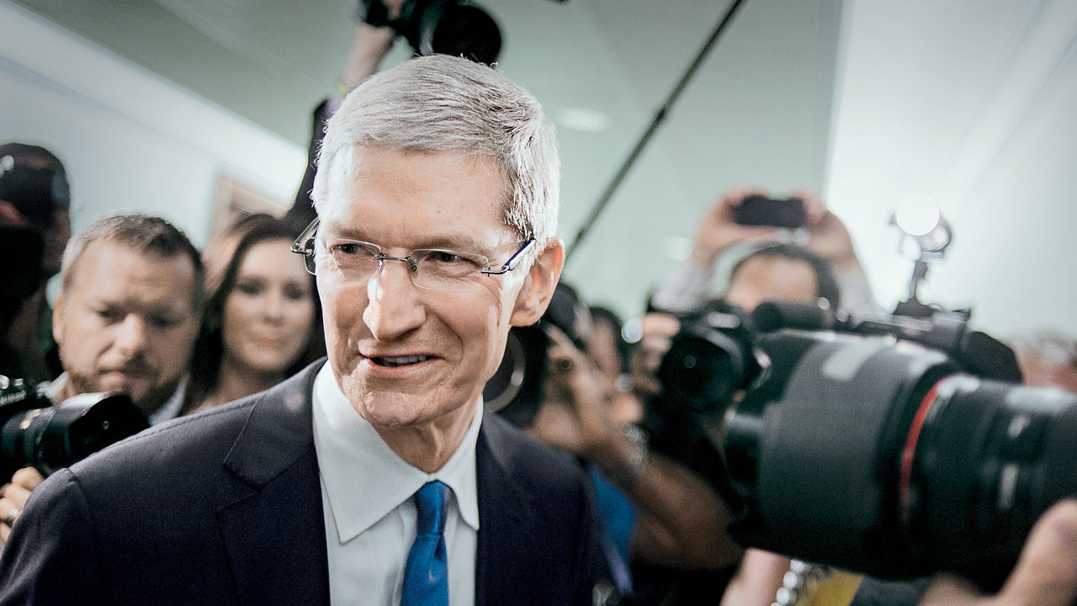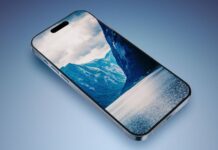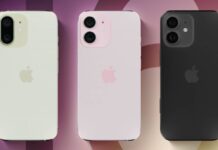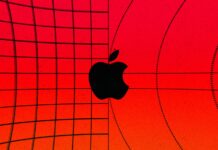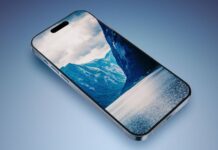Just one day later publishing some extremely interesting details from the upcoming book Becoming Steve Jobs, today we see an exclusive interview with Tim Cook, CEO of Apple, in which he talks about a multitude of aspects related to the company he leads. Tim Cook claims that although many aspects of the organization have changed inside Apple, the philosophy of creating products has remained the same, the American company continuing to create great products for users based on the thinking implemented by Steve Jobs.
Apple has always been of opinion that it must not be the first on the market with a product, but must launch it when it is ready and the world is ready to receive it, this thinking leading to multiple successful launches for iPod, iPhone, iPad, and now perhaps for Apple Watch.
Steve felt that if Apple could do that—make great products and great tools for people—they in turn would do great things. He felt strongly that this would be his contribution to the world at large. We still very much believe that. That's still the core of this company. We weren't first on the MP3 player; we weren't first on the tablet; we weren't first on the smartphone. But we were arguably the first modern smartphone, and we will be the first modern smartwatch—the first one that matters.
Given that the Apple Watch is seen as a less important product, Tim Cook is not worried about its success, arguing that in general Apple's revolutionary products were not appreciated from the very beginning and were not seen as having great sales, people realizing they need them only after testing them.
Yes, but people didn't realize they had to have an iPod, and they really didn't realize they had to have the iPhone. And the iPad was totally panned. Critics asked, "Why do you need this?" Honestly, I don't think anything revolutionary that we have done was predicted to be a hit when released. It was only in retrospect that people could see its value. Maybe this will be received the same way.
Speaking about Jobs, Tim Cook claims that the former Apple CEO was his best teacher and that by implementing his own culture within Apple, he managed to create a company that develops great products, different from those of competitors. Cook claims that this culture has created a community of people who collaborate from the various departments of the company, this being one of the important points that helps Apple to be successful.
We've turned up the volume on collaboration because it's so clear that in order for us to be incredibly successful we have to be the best collaborators in the world. The magic of Apple, from a product point of view, happens at this intersection of hardware, software, and services. It's that intersection. Without collaboration, you get a Windows product. There's a company that pumps out an operating system, another that does some hardware, and yet another that does something else. That's what's happening now in Android land. Put it all together and it doesn't score high on the user experience.
Next, you will see Tim Cook discussing the difficult decisions made in the past to abandon the development of products that did not prove to be viable, about the fact that Apple is constantly changing in the absence of Jobs, about the fact that Apple Campus 2 is one of Apple's most important projects and many, many others.
Apple has always had the discipline to make the bold decision to walk away. We walked away from the floppy disk when that was popular with many users. Instead of doing things in the more traditional way of diversifying and minimizing risk, we took out the optical drive, which some people loved. We changed our connector, even though many people loved the 30-pin connector. Some of these things were not popular for quite a while. But you have to be willing to lose sight of the shore and go. We still do that.
We change every day. We changed every day when he was here, and we've been changing every day since he's not been here. But the core, the values in the core remain the same as they were in '98, as they were in '05, as they were in '10. I don't think the values should change. But everything else can change [and] Steve was the best flipper in the world.
It's critical that Apple does everything it can to stay informal. And one of the ways that you stay informal is to be together. One of the ways that you ensure collaboration is to make sure people run into each other—not just at the meetings that are scheduled on your calendar, but all the serendipitous stuff that happens every day in the cafeteria and walking around.
What we'll do over time, I don't know. I didn't want to move there. I think he's an irreplaceable person and so it didn't feel right. . . for anything to go on in that office. So his computer is still in there as it was, his desk is still in there as it was, he's got a bunch of books in there. Laurene took some things to the house.
I don't know. His name should still be on the door. That's just the way it should be.


